- News
- Reviews
- Bikes
- Components
- Bar tape & grips
- Bottom brackets
- Brake & gear cables
- Brake & STI levers
- Brake pads & spares
- Brakes
- Cassettes & freewheels
- Chains
- Chainsets & chainrings
- Derailleurs - front
- Derailleurs - rear
- Forks
- Gear levers & shifters
- Groupsets
- Handlebars & extensions
- Headsets
- Hubs
- Inner tubes
- Pedals
- Quick releases & skewers
- Saddles
- Seatposts
- Stems
- Wheels
- Tyres
- Tubeless valves
- Accessories
- Accessories - misc
- Computer mounts
- Bags
- Bar ends
- Bike bags & cases
- Bottle cages
- Bottles
- Cameras
- Car racks
- Child seats
- Computers
- Glasses
- GPS units
- Helmets
- Lights - front
- Lights - rear
- Lights - sets
- Locks
- Mirrors
- Mudguards
- Racks
- Pumps & CO2 inflators
- Puncture kits
- Reflectives
- Smart watches
- Stands and racks
- Trailers
- Clothing
- Health, fitness and nutrition
- Tools and workshop
- Miscellaneous
- Buyers Guides
- Features
- Forum
- Recommends
- Podcast
review
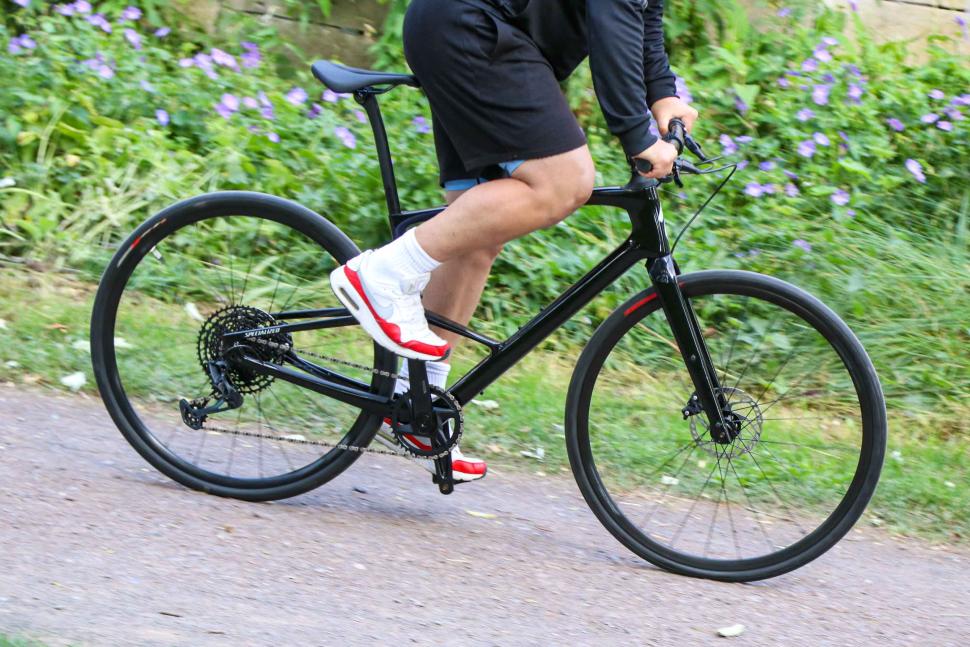 Specialized Sirrus 6.0
Specialized Sirrus 6.0£2,400.00
VERDICT:
Quirky but quick and comfortable, with tyre clearance allowing for some gravel action
Very comfortable ride
SRAM 1x groupset offers great performance and ratio spread
Tyre clearance for wide gravel tyres
No lockout on the Future Shock
Weight:
9,180g
Contact:
At road.cc every product is thoroughly tested for as long as it takes to get a proper insight into how well it works. Our reviewers are experienced cyclists that we trust to be objective. While we strive to ensure that opinions expressed are backed up by facts, reviews are by their nature an informed opinion, not a definitive verdict. We don't intentionally try to break anything (except locks) but we do try to look for weak points in any design. The overall score is not just an average of the other scores: it reflects both a product's function and value – with value determined by how a product compares with items of similar spec, quality, and price.
What the road.cc scores meanGood scores are more common than bad, because fortunately good products are more common than bad.
- Exceptional
- Excellent
- Very Good
- Good
- Quite good
- Average
- Not so good
- Poor
- Bad
- Appalling
The frame design might divide opinion, but the ride quality and performance of the new Specialized Sirrus 6.0 should please all. If you're looking for road bike performance but with a flat bar then this is one you should definitely consider. It's at the premium end of the hybrid marketplace, but it's well specced and looks classy in this gloss black paintjob.
For more affordable options, check out our guide to the best hybrid bikes.
Ride
Specialized's main goal with the frame design of this new carbon fibre Sirrus is compliance (Mat went into the full details back in March) and it has definitely achieved that.
With the tyres pumped up hard, and isolating myself from the exposed seatpost by riding out of the saddle, there is definitely a smooth feel around the lower half of the frame. Not soft, or disengaging, just – well, compliant I suppose.
The Sirrus isn't a road bike, so stiffness around the bottom bracket area isn't as crucial, but it isn't lacking in it either. For hard efforts from the lights or when working my way up a climb, the rear end of the frame certainly felt tight enough.
It might not be a road bike, but the Sirrus does share a lot of characteristics with one. At just over 9kg it feels nippy, and it corners well too.
The geometry isn't hugely different, but the inclusion of the short stem means the overall weight balance feels much the same as a drop bar machine, but with an upright riding position.
The handling is fairly neutral, which makes it a doddle to ride. During the review period I mostly used the Specialized for the school run across town, commuting, and trips out into the back lanes with the kids, and it performed well across the board.
When negotiating the typical urban environment of traffic, phone-addicted pedestrians, potholes and road furniture, the Sirrus skirts around obstacles with ease. It just flows nicely, and with little kicks on the pedals to get around things, it feels surprisingly nimble.
The wide handlebar slows the steering down just enough that there aren't any fears of overcompensating when turning the front wheel quickly. Powerful hydraulic brakes from SRAM also allow you to go for gaps with the confidence that their performance will get you out of trouble should the need arise.
The only thing I'm not a huge fan of is that there is no lockout on the Future Shock. It's basically a sprung-loaded unit that sits between the stem and the headset. When braking hard, the front end can dip noticeably, and it can bob about a bit when you are putting the power down. I'd prefer to be able to turn it off on smooth roads, like you can with the higher-end Future Shock systems.
That aside, it does bring some welcome relief to your wrists on poorer roads, and if you fancy riding on byways or hardpacked tracks it'll really come into its own.
Overall, if you want a bike that zips along and gives you confidence in the bends without the aggressive riding position of a road bike, the Sirrus offers a happy medium.
Frame and fork
The talking point of the Sirrus frame is obviously that bottom bracket area, or the 'Compliance Junction' as it's known.
It's designed to provide just the right amount of flex and forgiveness across the frame without sacrificing performance and efficiency, according to Specialized.
In a nutshell, and quoting Specialized, the modifications 'reduce the vertical stiffness of the bicycle while substantially maintaining or reducing to a lesser extent the horizontal (eg lateral and/or torsional) stiffness of the bicycle'.
As I said in the section above, I find the ride quality to be impressive, though whether it is from the design alone or the use of Specialized's high-end FACT 9r carbon fibre grade lay-up is difficult to say.
Aside from the rear end, things are pretty traditional, with the carbon tubes transitioning neatly from one to the other and things like an integrated headset and internal cabling meaning that the Sirrus has a clean, smooth look to it.
Even with the new frame design Specialized has still managed to get plenty of mounts for accessories fitted, with bottle mounts on the seat tube and down tube and an extra set underneath the down tube. There are also mounts on the top tube for a bento box style of bag.
A rack and mudguards have also been catered for, though admittedly Specialized's own rather than off-the-shelf items.
Tyre clearance is an impressive 42mm, or 38mm with mudguards.
It's available in four sizes, from XS to L. We have the medium, which has a top tube length of 568mm if it was running horizontally. The stack and reach figures are 625mm and 380mm respectively, so nothing out of the ordinary, and the overall wheelbase is 1,065mm.
Groupset
For the groupset Specialized has gone with SRAM, speccing a 1x system that uses a Rival chainset mated to a 12-speed Eagle cassette, controlled by GX Eagle components.
The bottom bracket is a SRAM DUB model which uses a BSA thread to attach it to the frame.
Ratio-wise, you are getting a 40-tooth chainring and a cassette with largest and smallest sprockets of 50T and 11T.
It's a decent spread of gears: it'll get you up the majority of climbs without too much issue, and the 40x11 combo won't limit your high-speed aspirations. It's a little gappy in places between sprockets, but it's no racer, so keeping to a narrow cadence window isn't exactly necessary.
The shifting is crisp, and the trigger shifter is very easy to use.
As I said earlier, the braking performance is also impressive, as with the majority of modern hydraulic systems. With 160mm rotors front and back there is always plenty of stopping power, and you get the usual range of modulation, so you aren't locking the wheels up left, right and centre.
Finishing kit
The rest of the finishing kit is from Specialized's catalogue, with a double-butted alloy handlebar that gets a backsweep of 9 degrees so you aren't too stretched out, and a neat-looking Future Comp stem to keep hold of it.
The seatpost is carbon fibre, a Roval Terra Carbon. It has 20mm of setback and helps with overall comfort as there is a small amount of flex on offer.
Atop that sits a Body Geometry Power Sport saddle. It's a basic model with steel rails, but I like its shape. I like a short-nosed saddle, and with the pressure-relieving cutout and its swooping shape, I found it very comfortable.
Wheels & tyres
The tyres are also from Specialized, its Roubaix Pro 2BRs, which are aimed at balancing durability and speed. The rolling resistance feels minimal for this type of tyre, and I wouldn't be in any desperate hurry to change them for anything else.
Reliability seems great, and I had enough confidence in them that I could use the gravel canal towpath or byway if I wanted to without worry about any fragility.
Reliability wasn't an issue with the wheels, either. The DT Swiss R470s have a 23mm-deep alloy rim and 20mm internal width, with 24 spokes front and rear. Overall, it's a quality set of wheels, if not exactly anything to get too excited about.
Value
The carbon fibre Sirrus is available in two builds: this 6.0 model at £2,400, and the X 5.0 at £1,950, which gets unbranded wheels but comes with a set of 28mm Pathfinder Pro 2Bliss Ready gravel tyres instead.
Many brands don't go this high end with their hybrid bike ranges – or certainly not the ones we've been sent to review. Many have aluminium alloy frames and prices usually top out around the £1,500 mark, with most being closer to £1,000.
Trek's FX Sport 5 has a carbon fibre frame and fork, and uses a GRX 11-speed 1x groupset and similar finishing kit to the Sirrus. It costs £2,500.
Canyon's Roadlite CF 8 is well worth a look, though. It comes with the same SRAM Eagle groupset as the Specialized and the weight is nearly identical. For comfort, it gets Canyon's split S15 VCLS 2.0 CF seatpost, which gives plenty of movement and flex, and you also get some very decent tyres – Schwalbe's G-Ones – included in the £1,649 price. That's a lot of bike for not a lot of money!
Conclusion
I like the Sirrus 6.0 a lot. I love the quirky looks of the frame, and the ride quality is great – as a roadie I like its overall nippy nature. It can't beat the Canyon on price, but if you want a quick bike for exercise, pleasure rides or commuting, and you want a flat handlebar, it's definitely one to consider.
Verdict
Quirky but quick and comfortable, with tyre clearance allowing for some gravel action
road.cc test report
Make and model: Specialized Sirrus 6.0
Size tested: Medium, 568mm
About the bike
List the components used to build up the bike.
Chainring: 40T
Bottom Bracket: SRAM DUB BSA 68 Wide
Shift Levers: SRAM GX, trigger, 12-speed
Rear Derailleur: SRAM GX Eagle, 12-speed
Chain: SRAM GX Eagle, 12-speed
Cassette: SRAM PG-1230 Eagle, 11-50t
Crankset: SRAM Rival 1x
Inner Tubes: 700x28/38mm, 48mm Presta valve
Rims: DT Swiss R470, 23mm depth, 20mm internal width, 24h
Tyres: Roubaix Pro 2BR, 700x30/32
Hubs: Specialized sealed cartridge bearings, Center Lock, 12x100mm, 24h
Spokes: Stainless, 14g
Saddle: Body Geometry Power Sport, steel rails
Handlebars: Double-butted alloy, 9-degree backsweep, 31.8mm
Stem: Future Stem, Comp
SeatPost: Roval Terra Carbon Seat Post, 20mm Offset
Tape: Specialized Body Geometry Contour, lock-on
Brakes: SRAM Level TLM, hydraulic disc, 160mm
Tell us what the bike is for and who it's aimed at. What do the manufacturers say about it? How does that compare to your own feelings about the bike?
Specialized says, "The future of riding is here. Feel the difference with the all-new Sirrus. With a lightweight carbon frame, this is the next generation of lightweight comfort and speed. The Sirrus is alluring in aesthetics but even more superior in performance. Meticulously crafted with performance features and a comfort-focused design, Sirrus' lightweight carbon frame includes our Compliance Junction - enabling a new degree of handling that's completely unconventional in such a comfortable bike"
The Sirrus 6.0 is quick and light, riding just like a performance road bike with a flat bar.
Where does this model sit in the range? Tell us briefly about the cheaper options and the more expensive options
This is the top model of two carbon bikes in the range. There are other Sirrus models that use an aluminium alloy frame without the funky seat tube design.
Frame and fork
Overall rating for frame and fork
8/10
Tell us about the build quality and finish of the frame and fork?
The Sirrus has a high-quality frame, and an impressive paint finish.
Tell us about the materials used in the frame and fork?
Both the frame and fork use Specialized's FACT 9r grade of carbon fibre.
Tell us about the geometry of the frame and fork?
Compared to a road bike of the same size the Sirrus' top tube is of a simialer length. The overall ride position feels less stretched though as it is offset by the use of a much shorter stem to keep everything in proportion. This gives a comfortable riding position without affecting the overall handling.
How was the bike in terms of height and reach? How did it compare to other bikes of the same stated size?
The reach figure is similar to Specialized's road bikes, but the short stem means the overall distance from saddle to handlebar is fairly typical, as is the stack measurement.
Riding the bike
Was the bike comfortable to ride? Tell us how you felt about the ride quality.
Comfort from the frame and fork is very impressive, thanks especially to the Future Shock system.
Did the bike feel stiff in the right places? Did any part of the bike feel too stiff or too flexible?
For the style of riding it's aimed at, the Sirrus has plenty of stiffness, even for out-of-the-saddle efforts.
How did the bike transfer power? Did it feel efficient?
Overall, efficiency is good. The Sirrus feels lighter than it actually is so performance feels brisk.
Was there any toe-clip overlap with the front wheel? If so was it a problem?
No.
How would you describe the steering? Was it lively neutral or unresponsive? Neutral.
Tell us some more about the handling. How did the bike feel overall? Did it do particular things well or badly?
The handling is easy to live with – it doesn't feel twitchy, but it is quick enough to allow you to cut through traffic or negotiate corners at a decent speed.
Which components had the most effect (good or bad) on the bike's comfort? would you recommend any changes?
The Future Shock system brings some relief to your hands, and I got on well with the Body Geometry saddle.
Which components had the most effect (good or bad) on the bike's stiffness? would you recommend any changes?
This isn't the type of bike where you want too much stiffness, and I think the components like the handlebar and stem complement the frame and fork.
Which components had the most effect (good or bad) on the bike's efficiency? would you recommend any changes?
The 1x gear system has a good spread of ratios for all kinds of riding, and powerful brakes mean you can hold off squeezing the levers until you really need them.
Rate the bike for efficiency of power transfer:
8/10
Rate the bike for acceleration:
8/10
Rate the bike for sprinting:
7/10
Rate the bike for high speed stability:
8/10
Rate the bike for cruising speed stability:
8/10
Rate the bike for low speed stability:
8/10
Rate the bike for flat cornering:
8/10
Rate the bike for cornering on descents:
7/10
Rate the bike for climbing:
8/10
The drivetrain
Rate the drivetrain for performance:
8/10
Rate the drivetrain for durability:
8/10
Rate the drivetrain for weight:
7/10
Tell us some more about the drivetrain. Anything you particularly did or didn't like? Any components which didn't work well together?
The SRAM setup works very well in terms of shifting, and the braking is powerful enough to allow you to ride at speed with confidence.
Wheels and tyres
Rate the wheels for performance:
7/10
Rate the wheels for durability:
8/10
Rate the wheels for weight:
6/10
Rate the wheels for comfort:
7/10
Tell us some more about the wheels.Did they work well in the conditions you encountered? Would you change the wheels? If so what for?
A decent set of DT Swiss wheels offering reliability and stiffness, although they aren't exactly light.
Rate the tyres for performance:
7/10
Rate the tyres for durability:
8/10
Rate the tyres for weight:
7/10
Rate the tyres for comfort:
7/10
Tell us some more about the tyres. Did they work well in the conditions you encountered? Would you change the tyres? If so what for?
Durable and grippy tyres that offer decent rolling resistance.
Controls
Rate the controls for performance:
8/10
Rate the controls for durability:
8/10
Rate the controls for weight:
7/10
Rate the controls for comfort:
8/10
Tell us some more about the controls. Any particularly good or bad components? How would the controls work for larger or smaller riders?
The finishing kit is nothing flash, but it does the job and I found it comfortable to use.
Your summary
Did you enjoy riding the bike? Yes
Would you consider buying the bike? Yes
Would you recommend the bike to a friend? Yes
How does the price compare to that of similar bikes in the market, including ones recently tested on road.cc?
Many brands focus on alloy frames for their hybrid/flat-barred bikes. Looking at carbon fibre models, Canyon's Roadlite CF 8 is £1,649 for a similar build and weight, although Trek's FX Sport 5 is around the same price as the Spesh at £2,500.
https://www.canyon.com/en-gb/hybrid-bikes/city-bikes/roadlite/roadlite-a...
https://www.trekbikes.com/gb/en_GB/bikes/hybrid-bikes/fitness-bikes/fx/f...
Rate the bike overall for performance:
8/10
Rate the bike overall for value:
5/10
Use this box to explain your overall score
With the design of the frame and the Future Shock, the Sirrus is a comfortable, quick bike to ride that is well specced too. It's very much at the upper end of the price range for this type of bike, though, and other brands offer similar bikes for a lot less money if you can forgo the quirkiness.
About the tester
Age: 44
I usually ride: This month's test bike My best bike is: B'Twin Ultra CF draped in the latest bling test components
I've been riding for: Over 20 years I ride: Every day I would class myself as: Expert
I regularly do the following types of riding: time trialling, commuting, club rides, sportives, fixed/singlespeed,
Since writing his first bike review for road.cc back in early 2009 senior product reviewer Stu has tested more than a thousand pieces of kit, and hundreds of bikes.
With an HND in mechanical engineering and previous roles as a CNC programmer/machinist, draughtsman and development engineer (working in new product design) Stu understands what it takes to bring a product to market. A mix of that knowledge combined with his love of road and gravel cycling puts him in the ideal position to put the latest kit through its paces.
He first made the switch to road cycling in 1999, primarily for fitness, but it didn’t take long for his competitive side to take over which led to around ten years as a time triallist and some pretty decent results. These days though riding is more about escapism, keeping the weight off and just enjoying the fact that he gets to ride the latest technology as part of his day job.
Latest Comments
- GMBasix 3 sec ago
You are the answer to your own question.
- GMBasix 3 min 10 sec ago
?The spirit of what May says is spot on. The detail a little off the mark, though....
- Kapelmuur 6 min 43 sec ago
How do drivers find the church parking spaces when it's "completely isolated" and the congregation"get lost"?
- quiff 11 min 36 sec ago
I thought this when I saw the new Brevet Element range:
- Rendel Harris 21 min 1 sec ago
For many people, especially those suffering from arthritis in their hands or similar, ease of mounting is an extremely important consideration,...
- VanDerBike 21 min 2 sec ago
Reminds me of this print from Blacklodge Press
- Legin 47 min 44 sec ago
I've tended to get mardy in the past about people not reporting incidents. However having been an Essex resident for many a year, I have to ask...
- eburtthebike 1 hour 23 min ago
You think that they studied transport economics and policy for a day? Generous.
- David9694 3 hours 23 min ago
1953 https://www.dailyecho.co.uk/news/25076814.blacksmith-arms---one-southamp...










































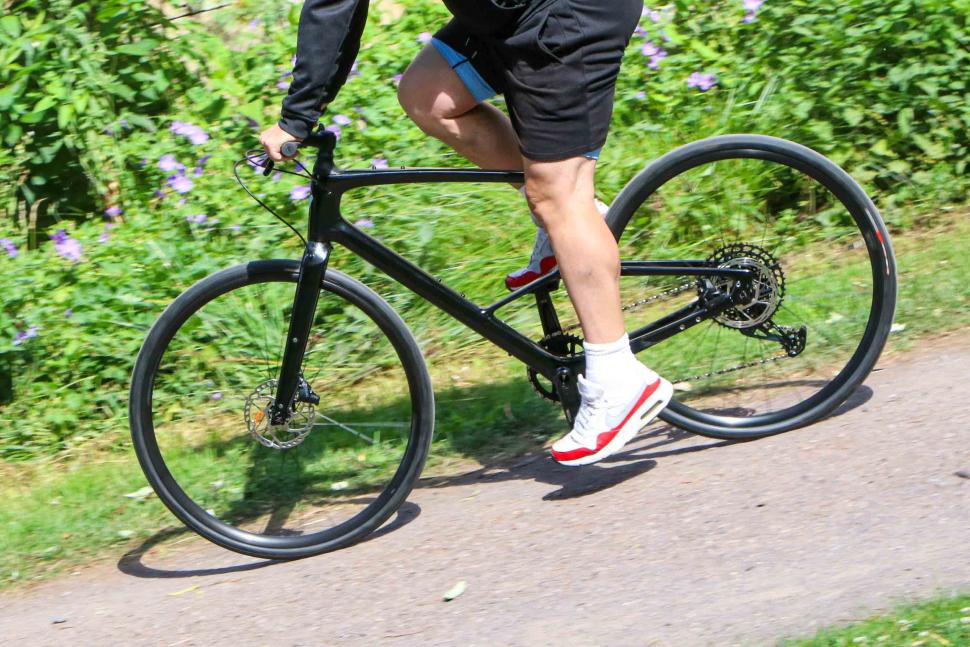
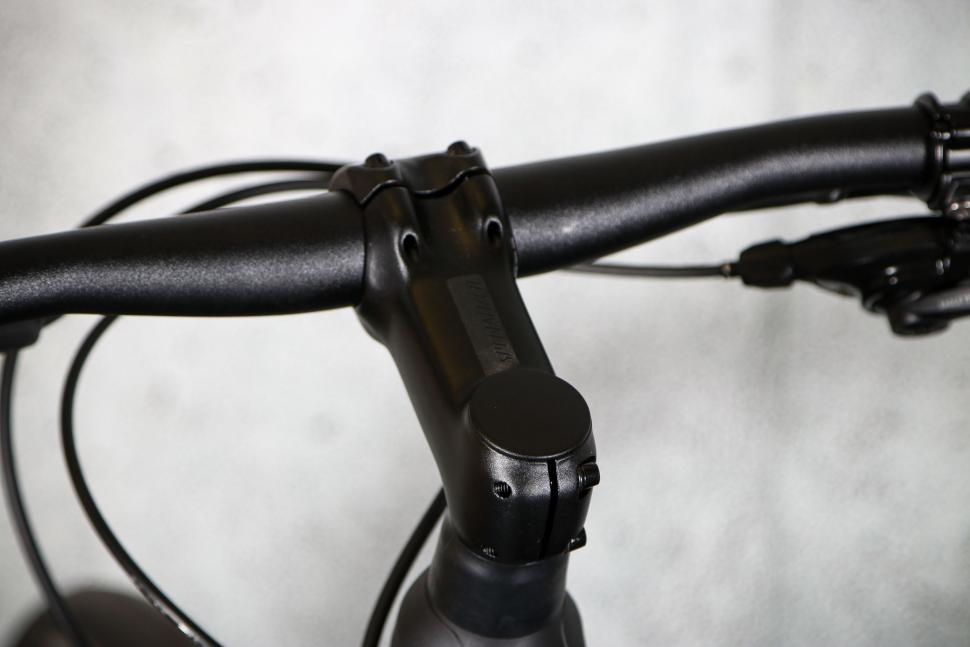
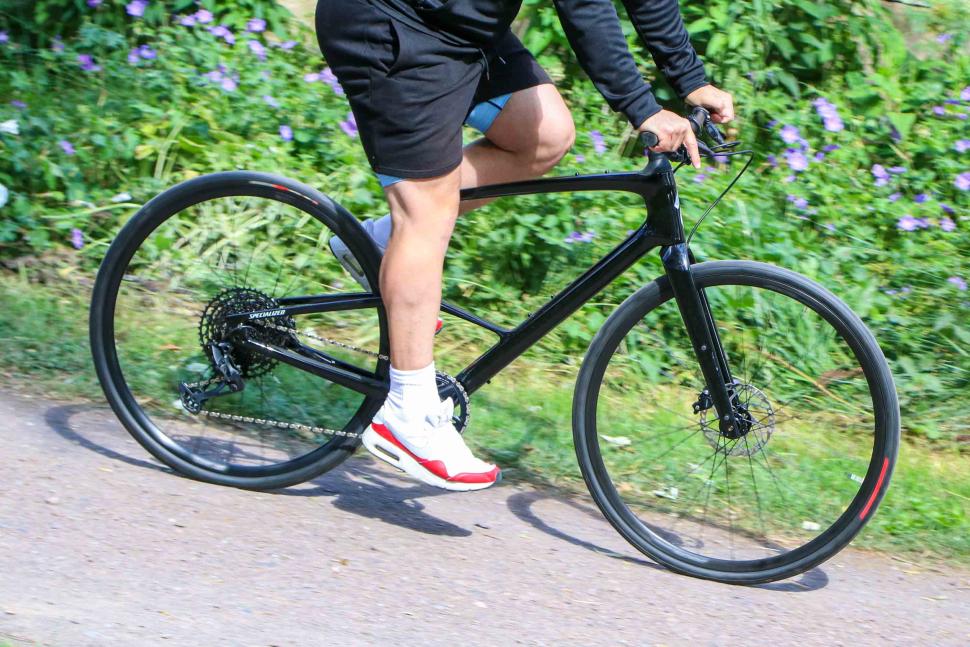
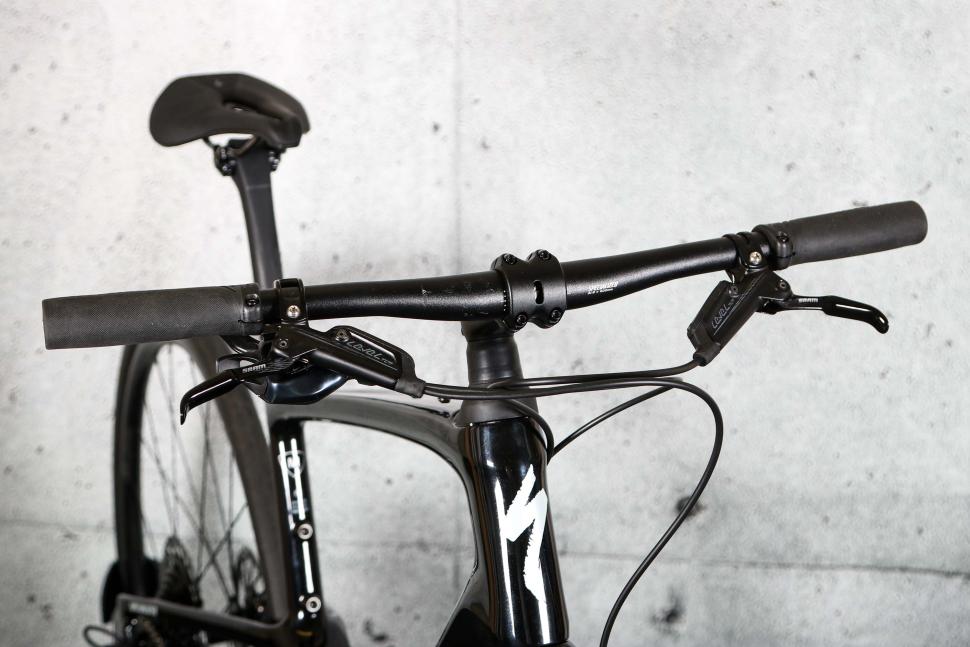
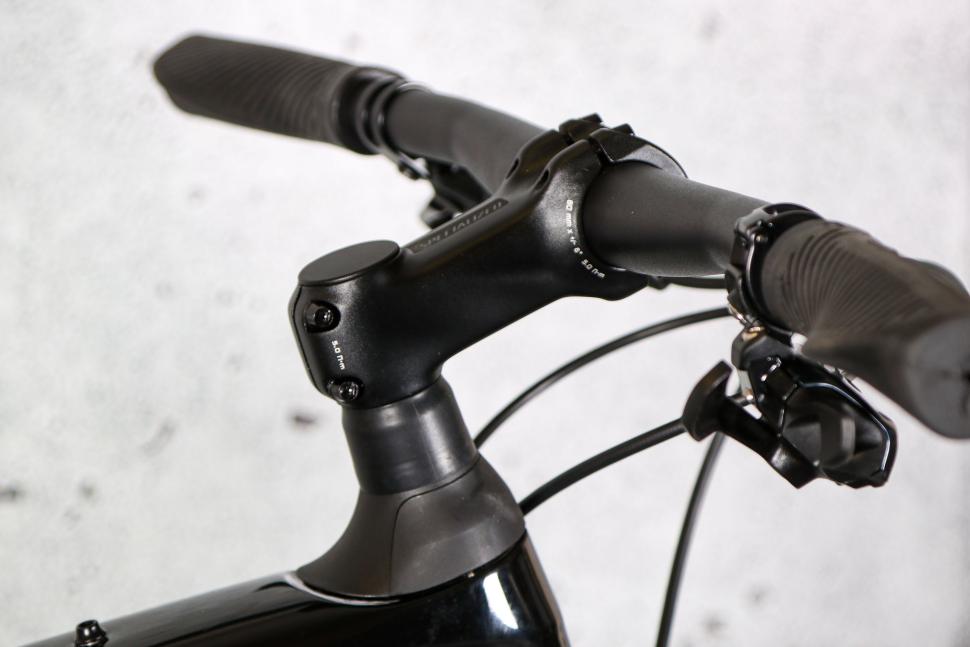
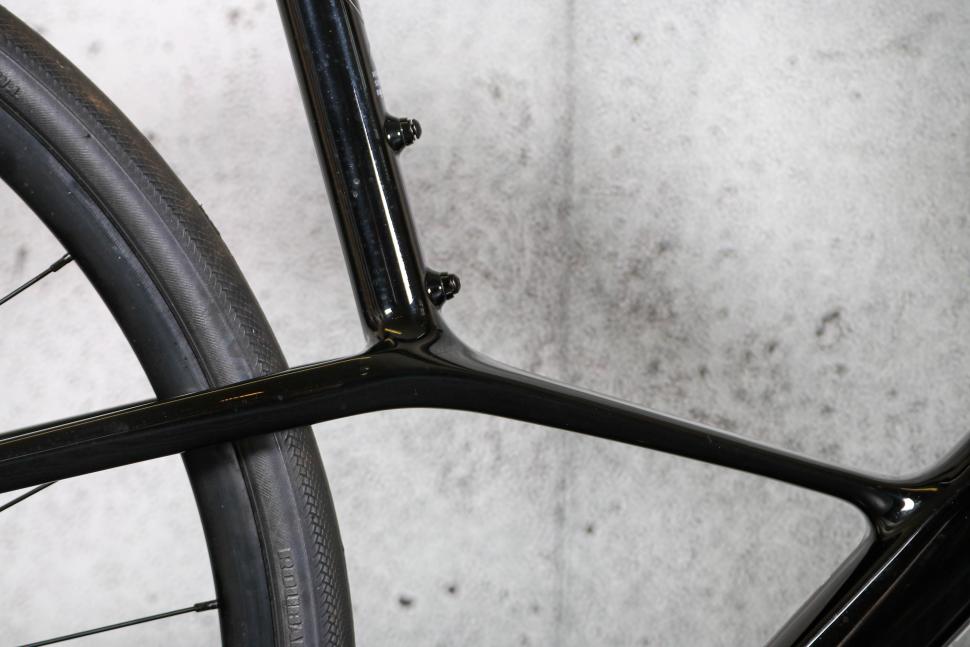
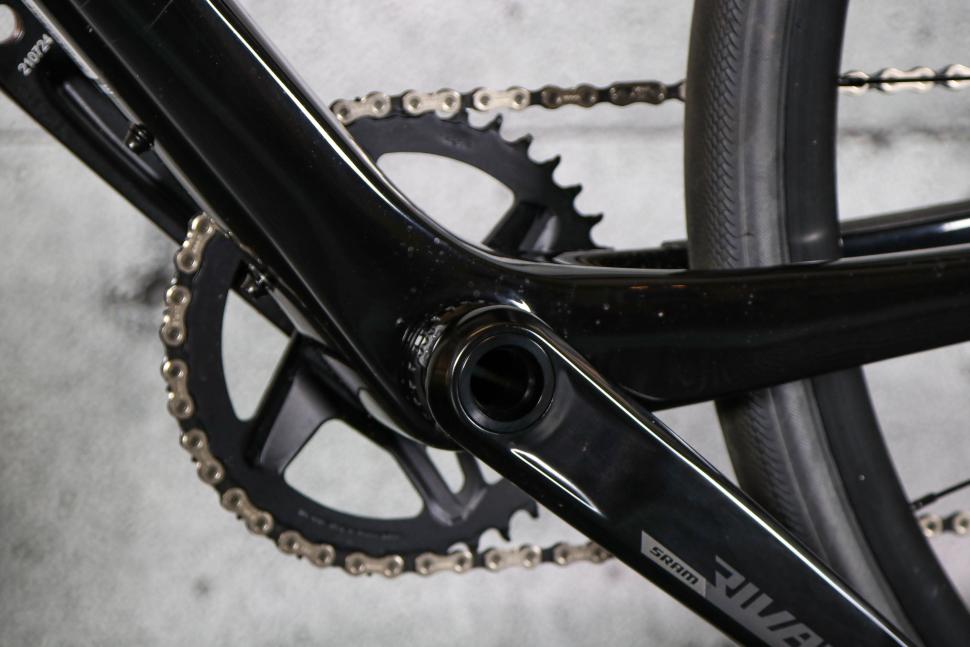
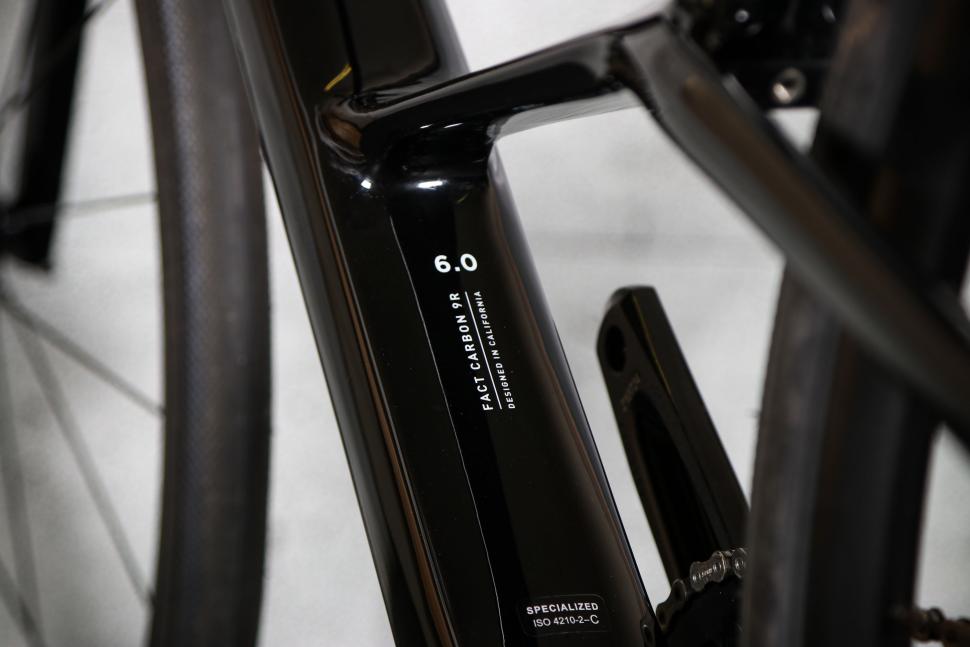
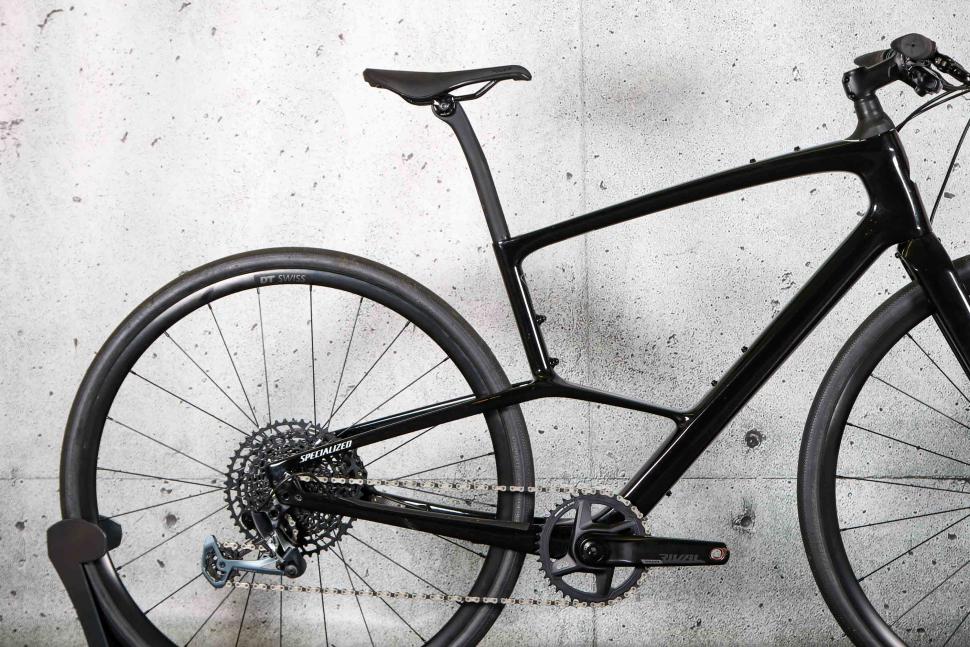
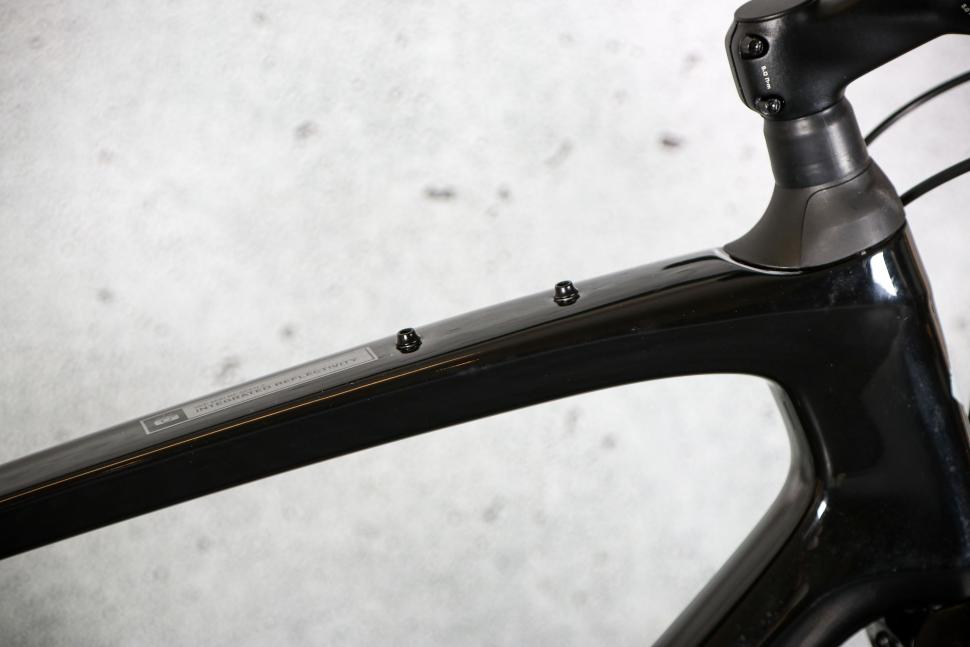
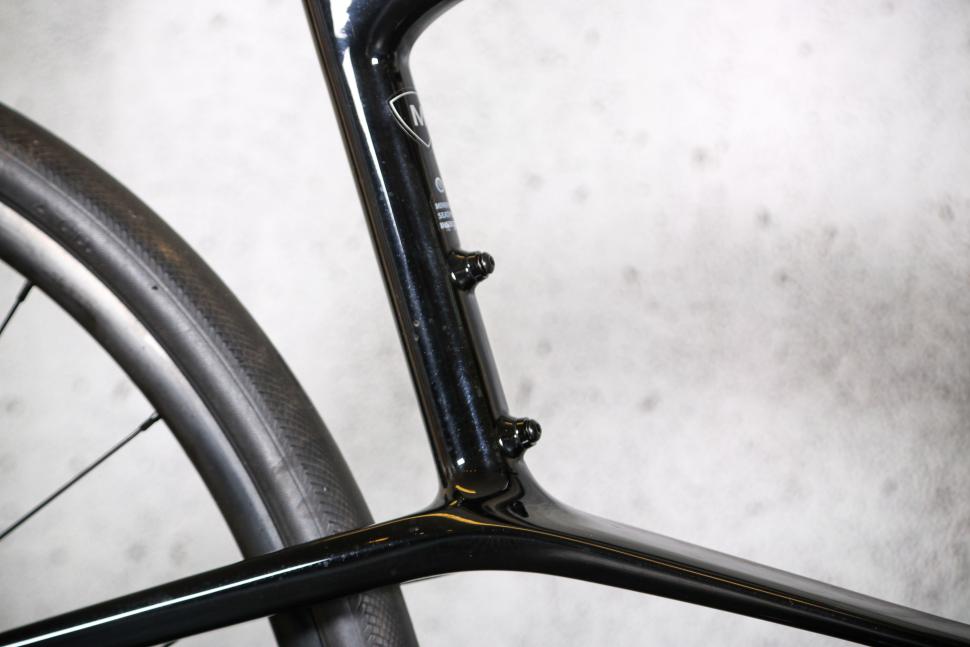
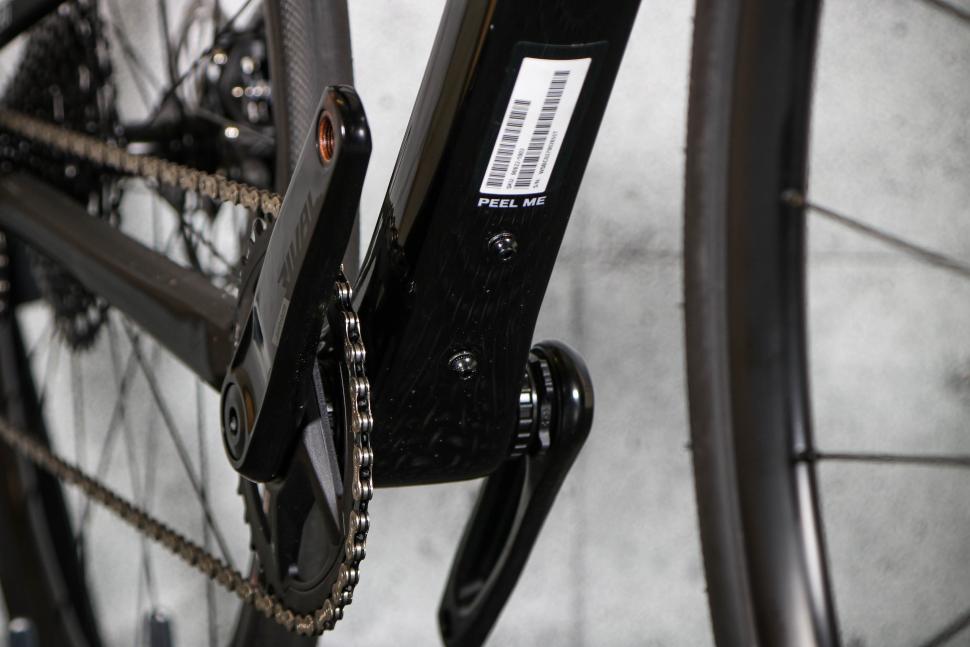
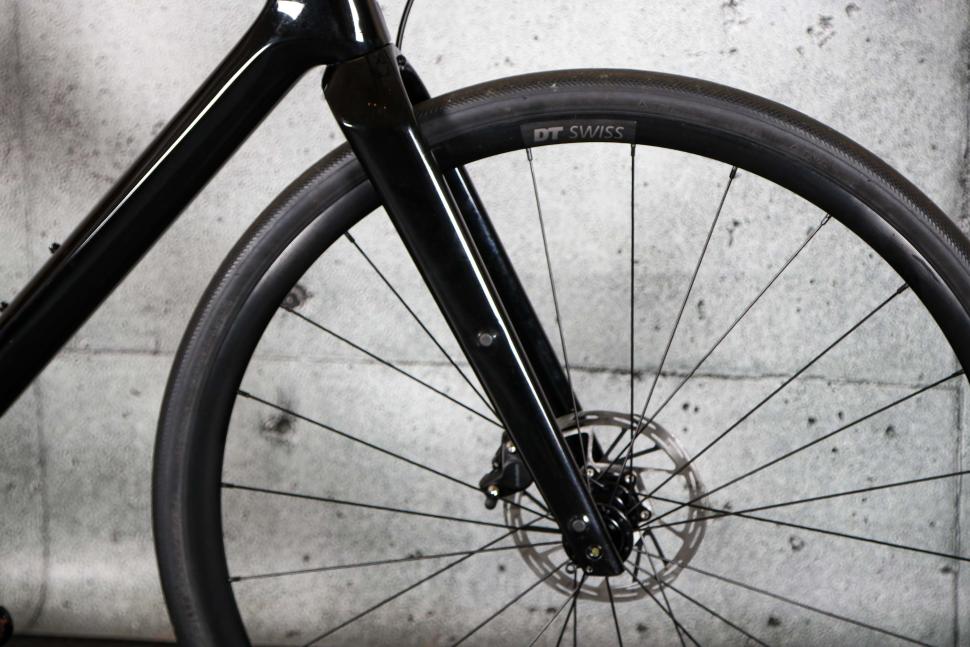

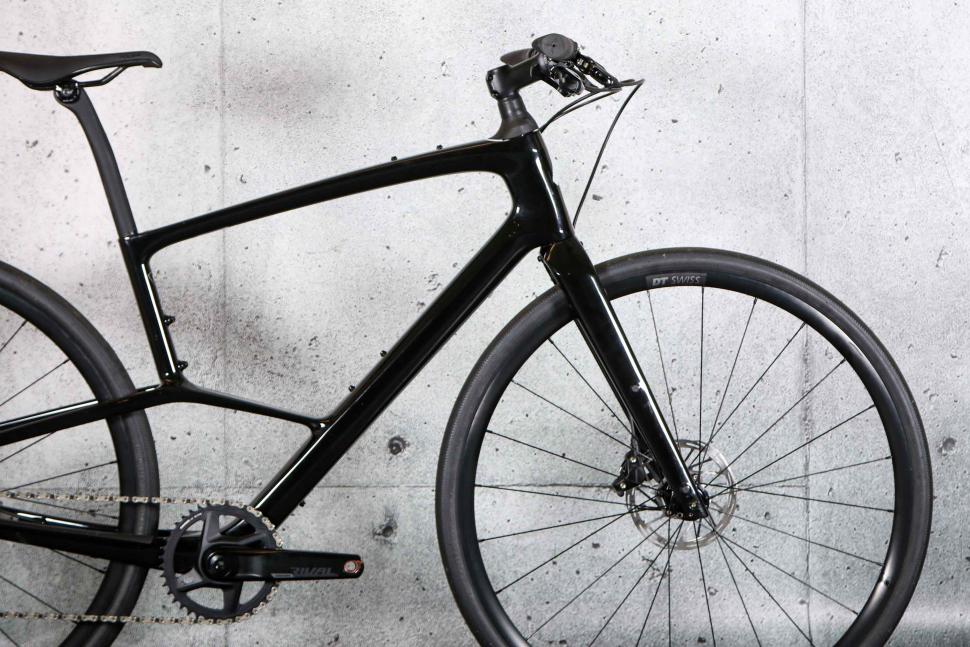
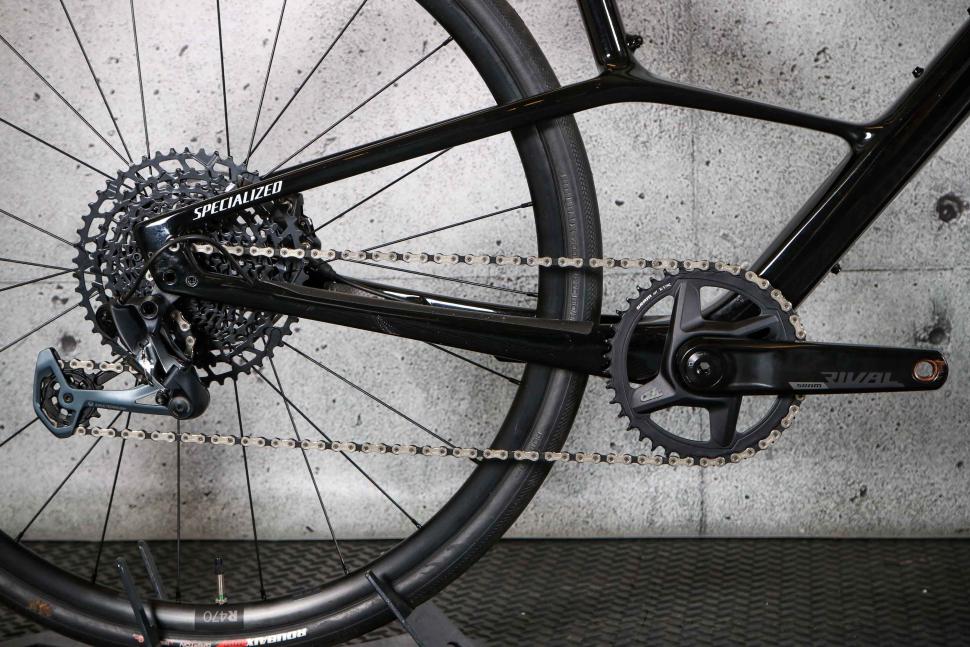
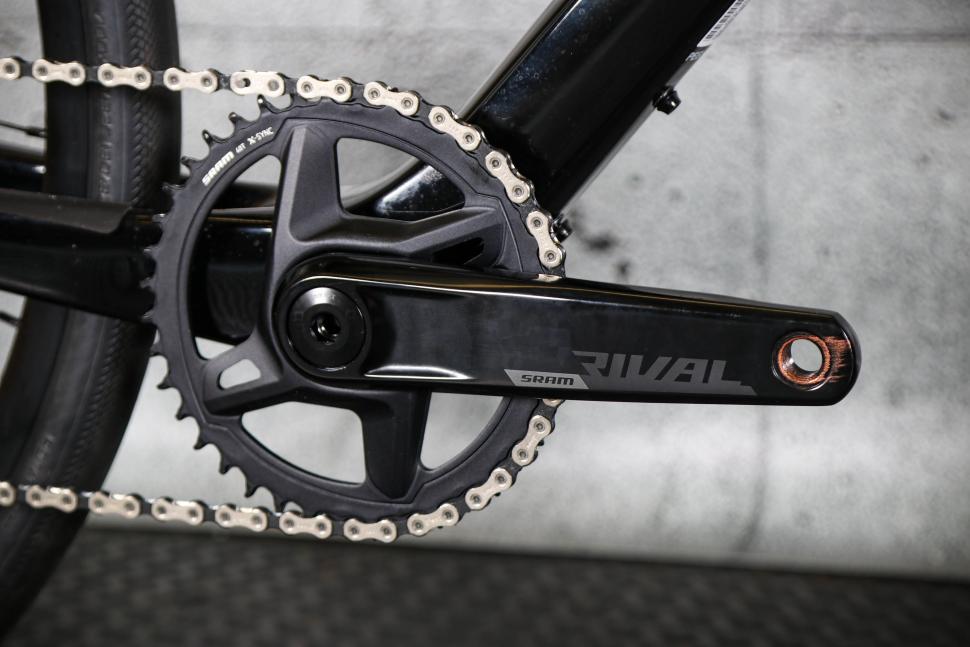

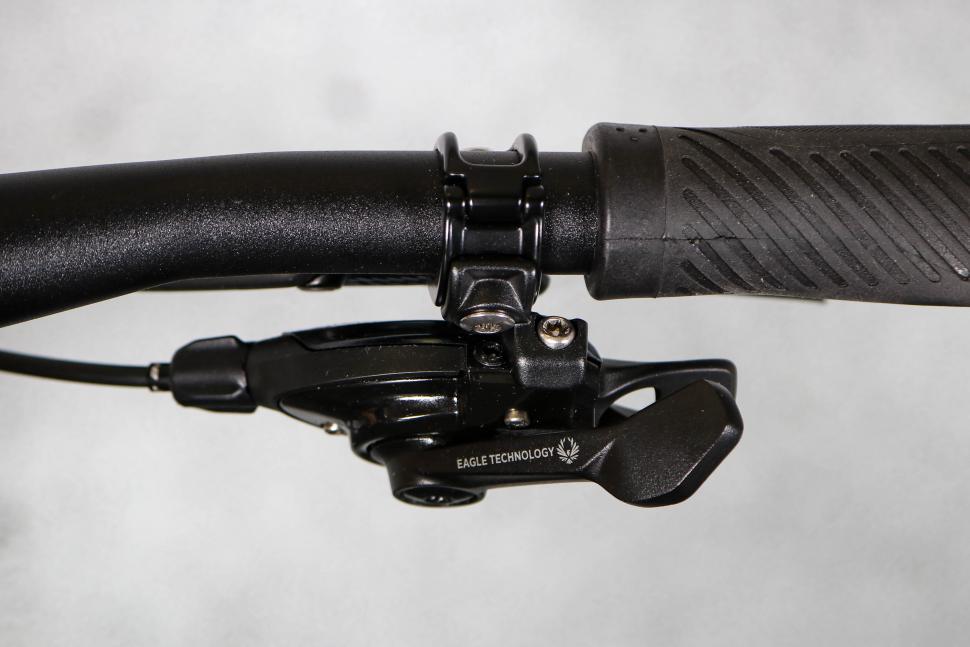
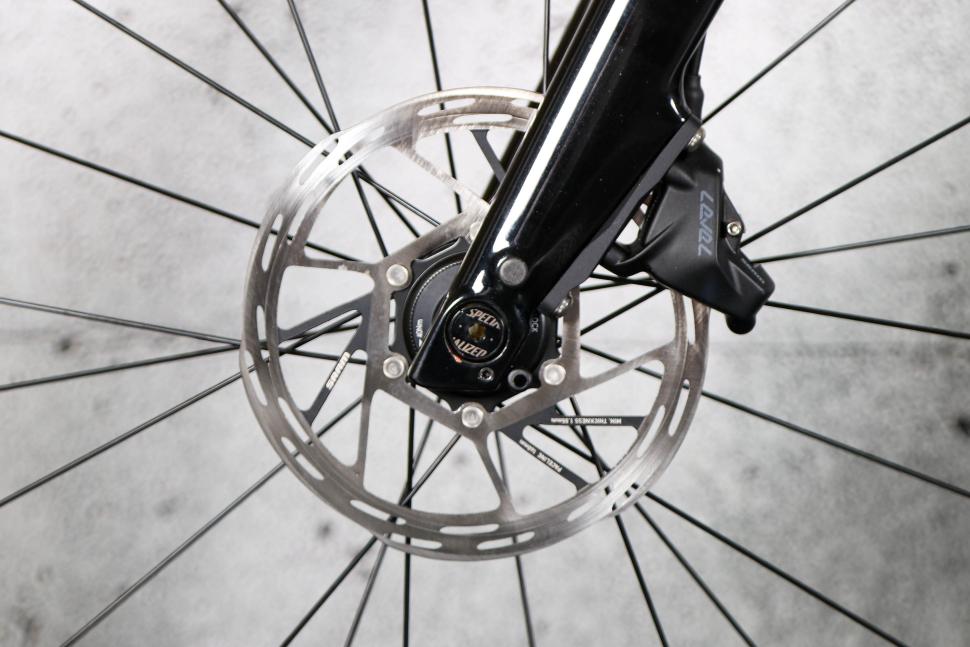
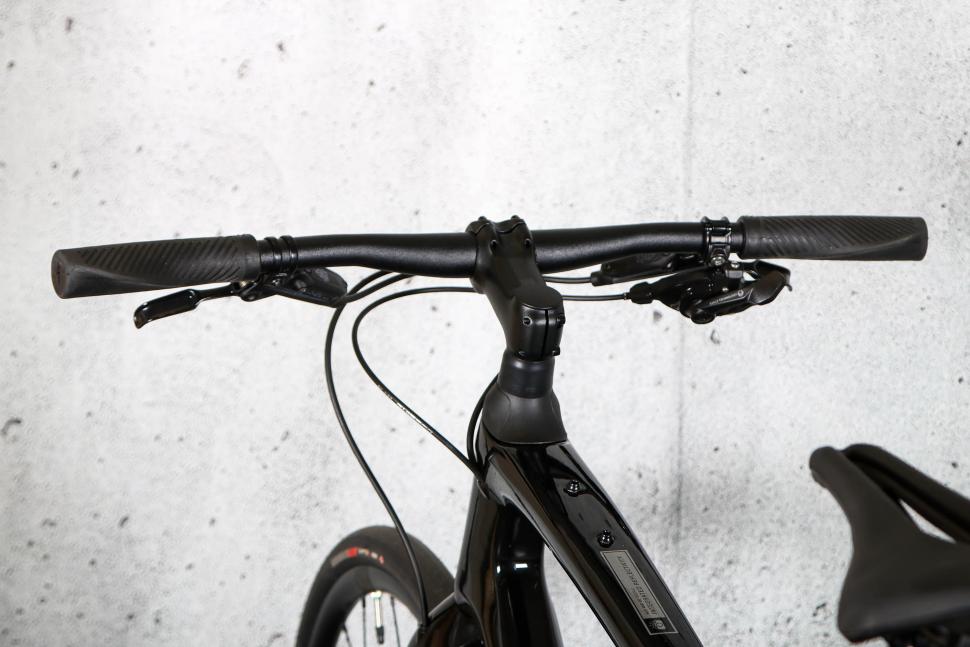

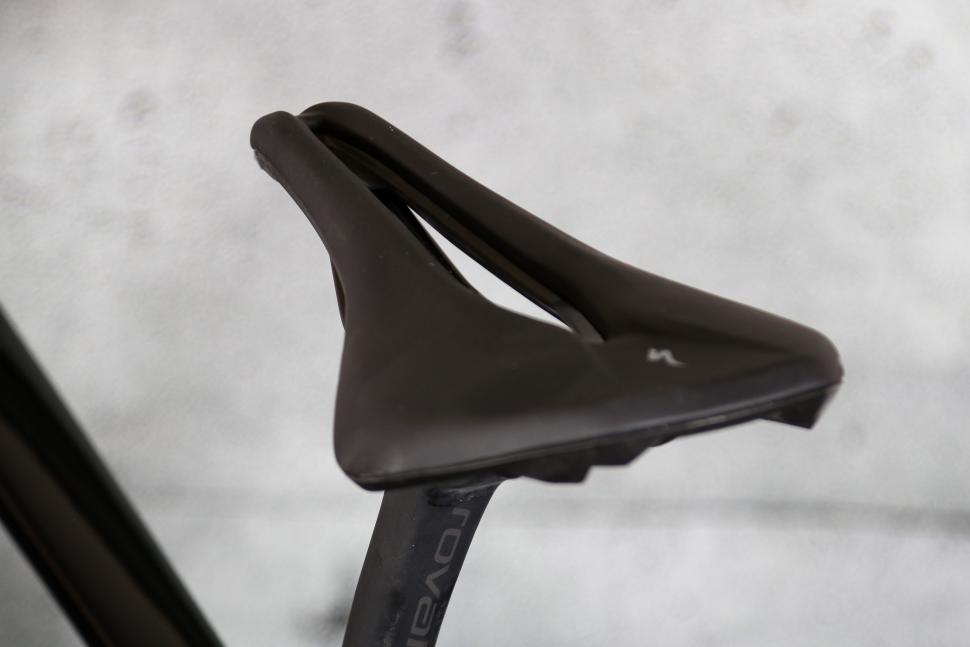
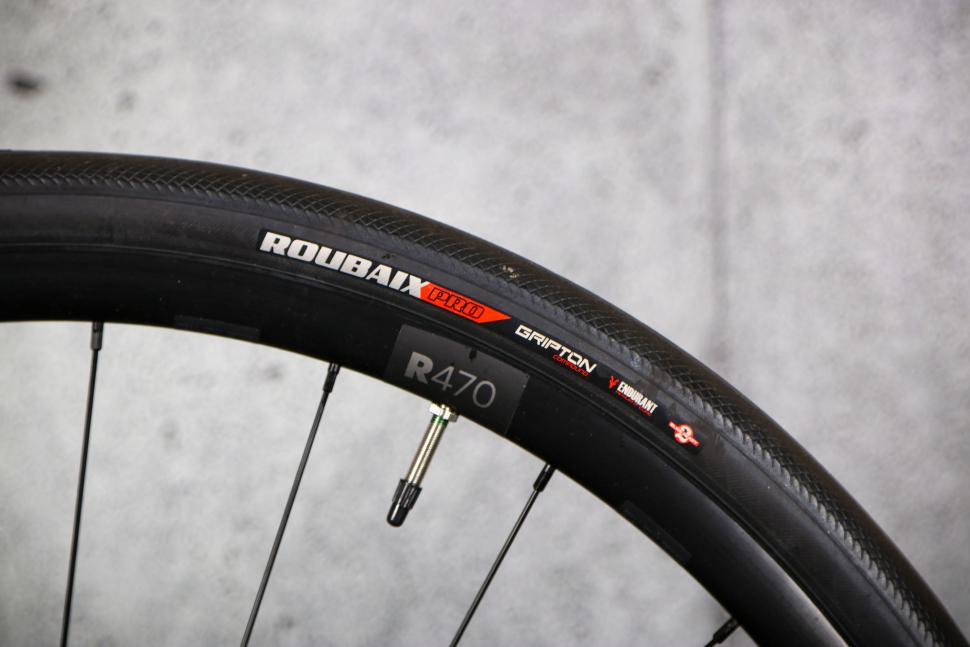
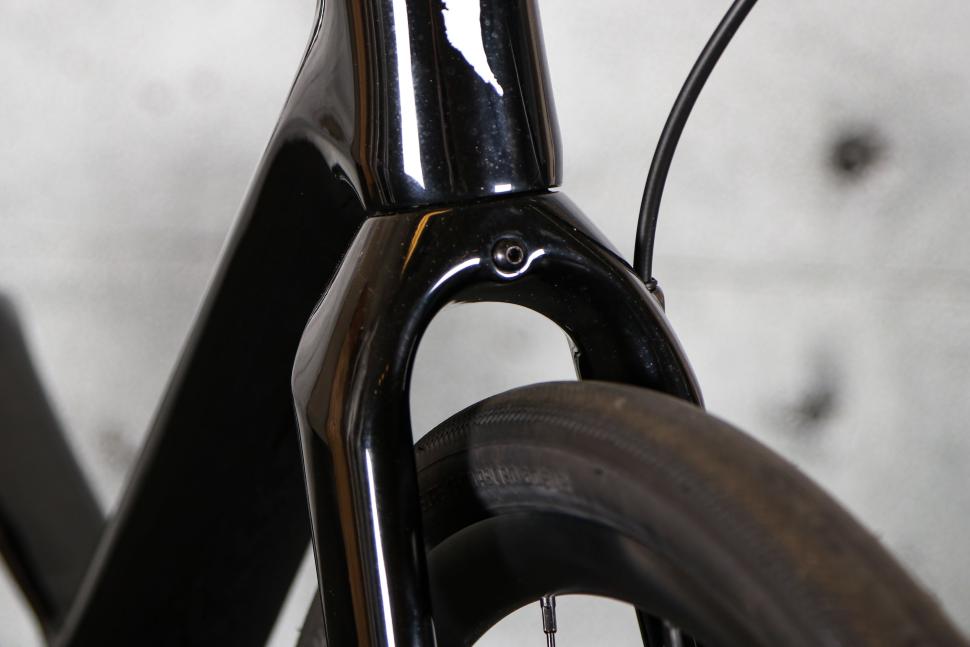
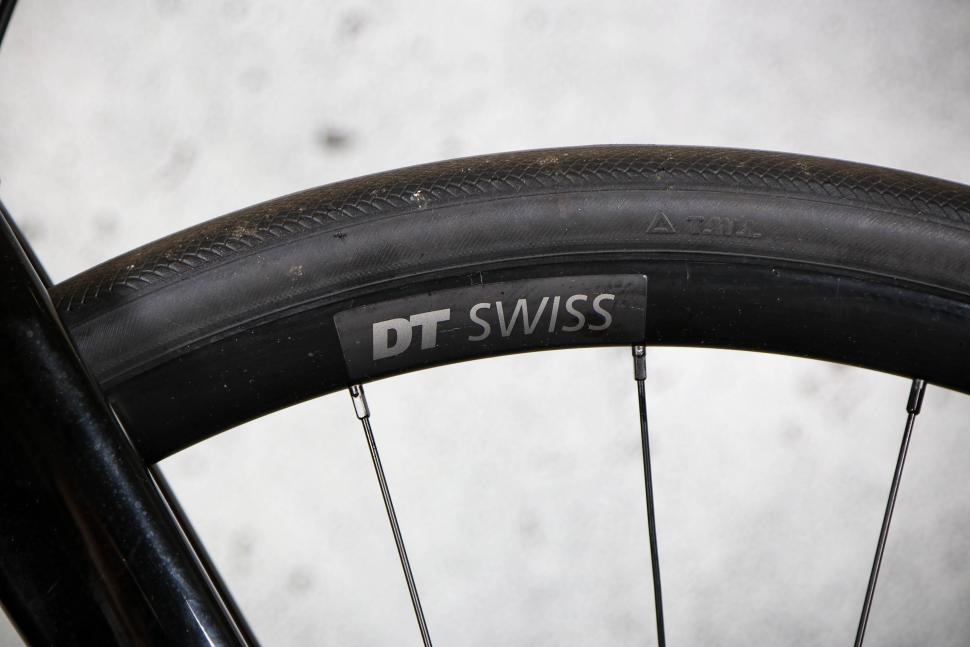
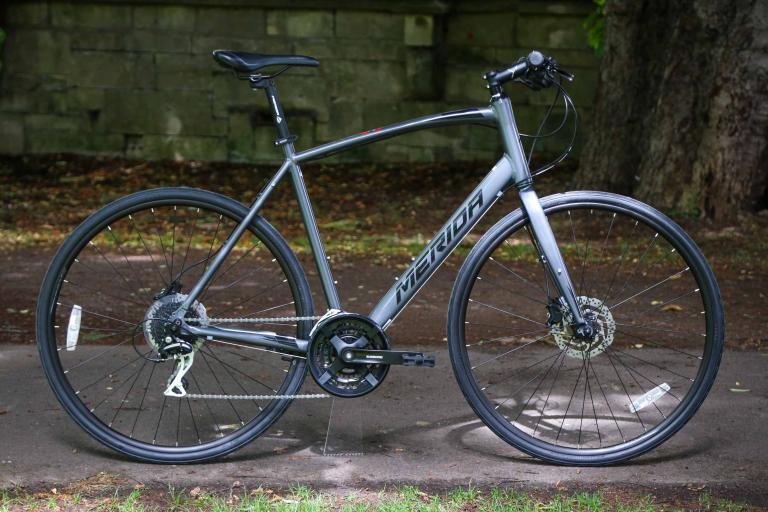
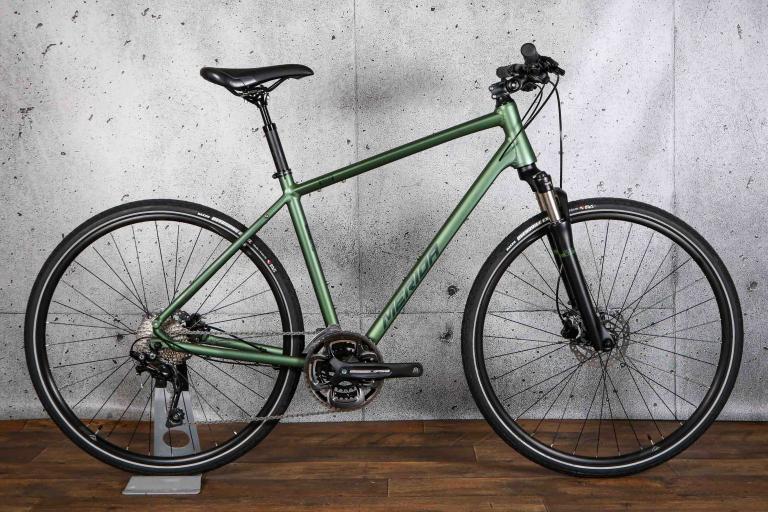
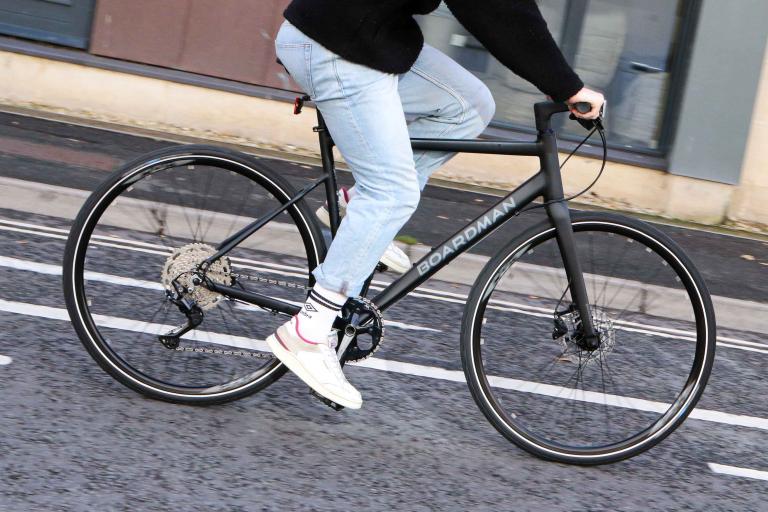
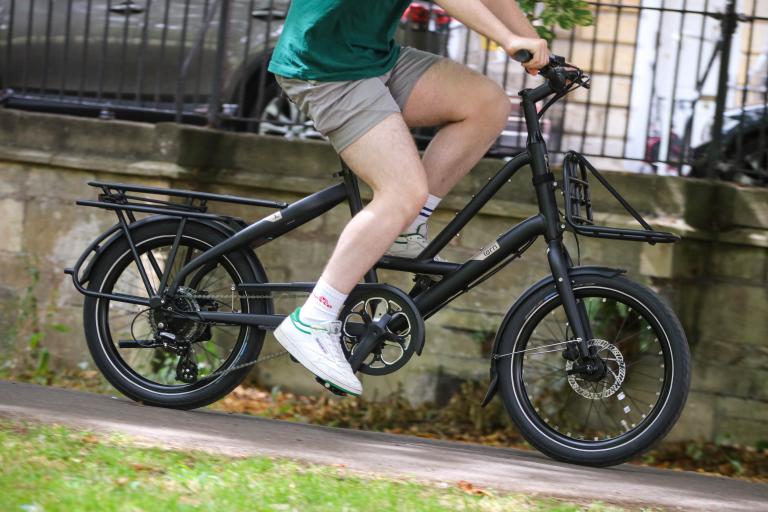
Add new comment
1 comments
SO ugly, just an appalling looking thing.